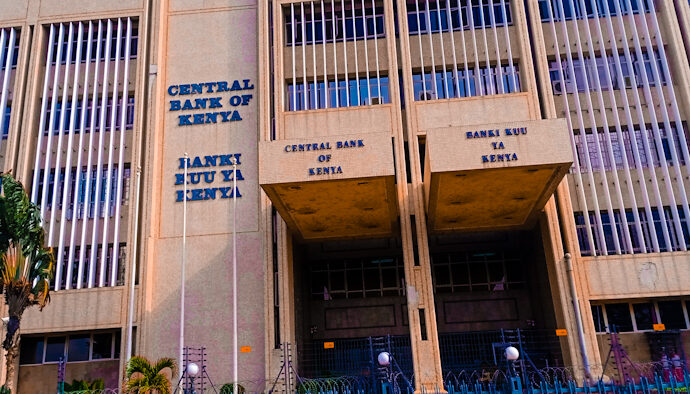The Central Bank of Kenya is once again facing public scrutiny following a new audit report that raised serious concerns about how staff were hired and promoted.
The Auditor-General’s findings indicated that some employees working at the bank did not meet the minimum academic or professional qualifications required for their positions, sparking debate about fairness and merit in one of the country’s most important financial institutions.
According to the report, the recruitment process at the bank failed to comply with established human resource policies. It pointed out that certain officers were appointed or promoted despite lacking the experience and performance benchmarks outlined in CBK’s internal guidelines.
These irregularities, the report warned, could weaken the bank’s institutional integrity and create operational risks in the financial sector. The Auditor-General emphasized that hiring unqualified individuals in sensitive positions could affect efficiency and disrupt the overall stability of Kenya’s financial operations.
The report recommended that the Central Bank review all appointments made during the audit period to verify whether they followed the required procedures. It urged the institution to take corrective action and ensure future compliance with its own hiring rules.
The findings have put pressure on the CBK’s top management to demonstrate accountability and transparency, especially given the bank’s key role in managing monetary policy and maintaining public confidence in the economy.
In its defense, the Central Bank issued a statement insisting that all recruitment processes were conducted fairly and in line with existing laws. A CBK spokesperson maintained that the bank upholds a transparent and competitive framework for hiring and promotions.
The spokesperson also assured the public that the bank would cooperate fully with the Auditor-General’s office to clarify any inconsistencies raised in the audit.
However, governance and financial experts have expressed concern over the revelations. They argue that institutions like the Central Bank must maintain the highest standards of professionalism and independence to safeguard the country’s financial stability.
Any sign of compromised hiring practices, they warn, could weaken investor confidence and harm the bank’s reputation both locally and internationally.
Parliament’s Public Accounts Committee is expected to summon CBK officials in the coming weeks to respond to the issues raised in the report.
The committee will likely seek explanations on how the irregularities occurred and what measures are being taken to address them. The matter has also revived a broader discussion about leadership and accountability in state institutions, with critics calling for stronger oversight to prevent similar cases in the future.
For a body tasked with ensuring monetary stability, experts believe that the Central Bank cannot afford lapses in recruitment standards. They warn that if left unchecked, such practices could gradually undermine confidence in Kenya’s financial system and slow down economic growth.
The coming weeks will determine whether the bank can restore public trust and prove that it remains committed to professionalism and integrity in its operations.





















Add Comment